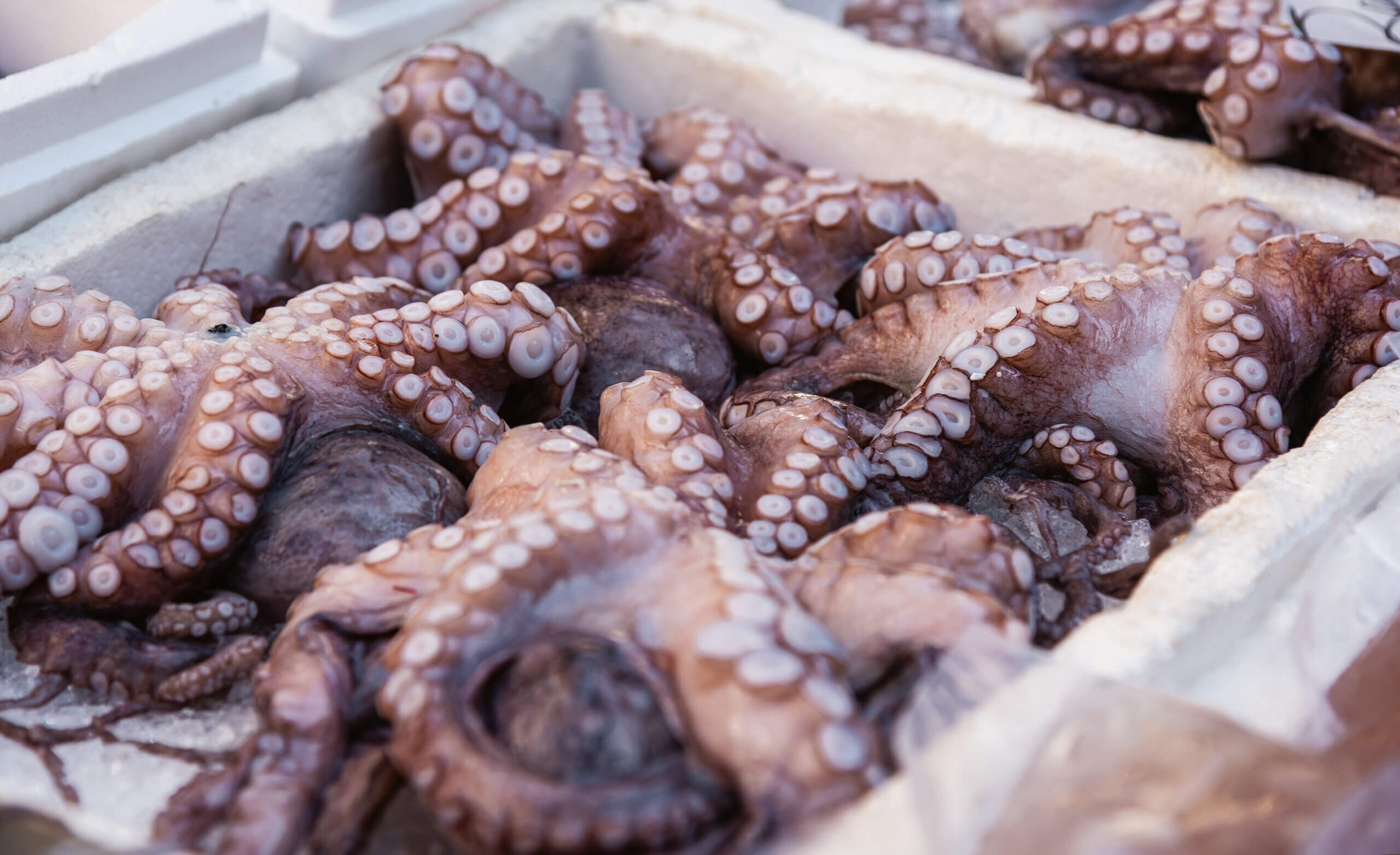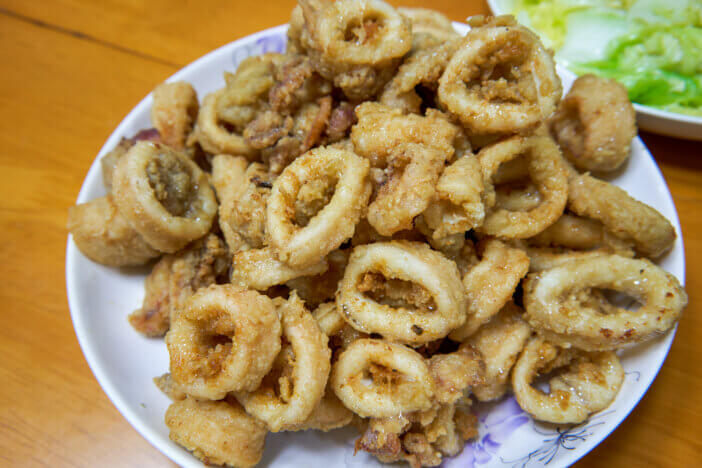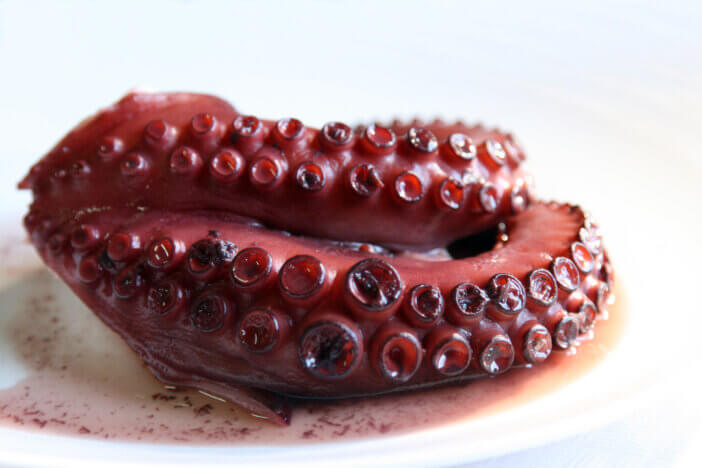4 Octopus Taste Facts to Enjoy This Delicacy
Octopus taste surprises: similar to calamari, slightly sweet, tentacles move post-mortem, unique smell and texture enhance culinary experience.

The octopus, kin to squid and cuttlefish, is a worldwide culinary delicacy, savored from grilled Mediterranean dishes to Tokyo sushi and Korean ‘san-nakji’. Its mild, sweet taste, resembling calamari, varies with preparation and species, whether it’s simmered with herbs, or featured in Asian sushi and sashimi, highlighting the versatility that makes it popular across various cuisines.
Disclosure: As an Amazon Associate, this site earns from qualifying purchases. Thank you!
1. Similarity to Calamari or Squid

When biting into a cooked octopus, it often reminds people of calamari due to their shared cephalopod family ties. Despite minor differences in flavor and texture, both octopus and squid have a mild and slightly sweet taste, absorbing the flavors of accompanying ingredients well.
The distinctiveness of an octopus lies in its texture: a properly cooked octopus combines a firm, slightly crunchy outside with a soft, succulent inside. This is attained by an intricate tenderization process where the octopus is beaten, washed in seawater, and rolled to curl, softening the muscle fibers for a tender but chewy consistency.
2. Slightly Sweet Taste

One unexpected characteristic of octopus is its slightly sweet taste, especially when consumed raw. This delicate sweetness, combined with a clean, briny flavor reminiscent of the ocean, is what makes octopus a favorite in sushi restaurants worldwide. In Japanese cuisine, thin slices of octopus, known as ‘tako’, are often served atop vinegared rice as nigiri-zushi, offering a delightful contrast of flavors and textures.
Moreover, this inherent sweetness is further enhanced by the natural umami flavor present in octopus, which is amplified in certain preparations like marinating it in soy sauce or miso. This combination of sweet, savory, and umami flavors is a key factor in the popularity of octopus in various Asian cuisines.
3. Tentacles Can Move Even After Death
Octopus tentacles can move post-mortem thanks to their muscular hydrostat structure, allowing movement and flexibility without a functioning central nervous system. This phenomenon is intriguing, especially to those new to octopus gastronomy.
In some Korean dishes like ‘san-nakji‘, this phenomenon is showcased as the chopped tentacles of a small octopus continue wriggling on the plate, even when served. However, this culinary spectacle comes with a cautionary note: the suckers on the tentacles can still attach to the mouth or throat, posing a choking hazard. Therefore, such dishes should be consumed with care and respect for the animal.
4 . Octopus’ Unique Smell and Texture

Last but not least, let’s talk about the distinctive smell and texture of cooked octopus. As we mentioned earlier, the texture of octopus is unique – tender yet firm, with a slight crunch. This is due to the high collagen content in octopus muscle tissue, which is much stronger and more cross-bound than that of bonefish or mammals. This not only gives the octopus its characteristic chewiness but also allows for an artistic degree of mobility.
As for the smell, a cooked octopus has a pleasant, slightly sweet aroma with a hint of the sea. However, this can vary depending on how it’s cooked. Grilled octopus, for instance, may have a smoky scent, while boiled octopus might retain a more pronounced oceanic aroma. Regardless of the cooking method, the unique smell of cooked octopus is sure to tantalize the senses and enhance the overall eating experience.






